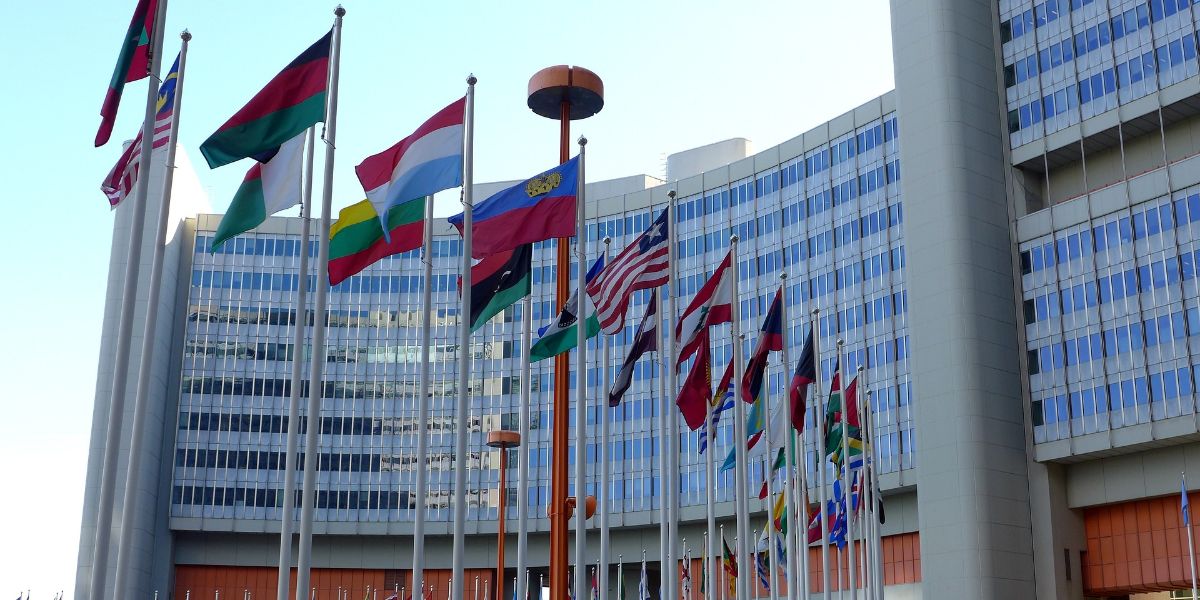The UN released the 2017 update to the UN Model Convention at the 16th Session of the UN Committee of Experts in New York held from 14 to 17 May 2018.
The updated Convention contains a new preamble emphasizing that tax treaties should not create opportunities for tax avoidance or evasion, including through treaty shopping.
Article 4 now includes a new “tiebreaker” rule for determining the treaty residence of dual-resident persons other than individuals. Where an entity is a resident of both states under the relevant treaty provisions the competent authorities of the two contracting states must endeavour to determine by mutual agreement the residence of the entity taking into account the place of effective management, place of incorporation and other relevant factors. If the contracting states cannot reach agreement the entity is not entitled to any relief from tax under the treaty except where the competent authorities agree.
The revised version of Article 5 contains rules to prevent the avoidance of permanent establishment (PE) status. The “dependent agent” PE provisions create a (PE) where a person acting in a contracting state on behalf of the enterprise habitually concludes contracts, or habitually plays the principal role leading to the conclusion of contracts that are routinely concluded without material modification by the enterprise, and these contracts are (i) in the name of the enterprise, or (ii) for the transfer of the ownership of, or for the granting of the right to use, property owned by that enterprise or that the enterprise has the right to use, or (iii) for the provision of services by that enterprise, except where the activities fall into the exception in paragraph 5 (4). The wording of paragraph 5 (4) emphasises that the exceptions in Article 5 (4) only apply where the activities are of a preparatory or auxiliary nature.
A new Article 12A provides for source taxation of fees for technical services, providing for the possibility of taxation of technical service fees in the source state, up to a percentage amount to be agreed by negotiation between the contracting states. “Fees for technical services” for this purpose are defined as payments in consideration for any service of a managerial, technical or consultancy nature.
A new version of Article 13, paragraph 4 modifies the scope of the land-rich company rule. Gains from the alienation of shares or comparable interests may be taxed in the source state if at any time during the 365 days preceding the alienation the shares derived more than 50% of their value directly or indirectly from immovable property.
Other changes made in the revised Convention are:
- The revised Article 1 includes a fiscally transparent entity clause, and a saving clause which clarifies that residence taxation is generally preserved under tax treaties;
- Article 10 has been modified to change the circumstances in which a lower rate applies for dividends on direct ownership of shares above a 25% threshold;
- A modified version of Article 13, paragraph 5 provides for consistency with Article 13, paragraph 4;
- Changes to Articles 23A and 23B to clarify that there is no obligation to provide relief for tax imposed on a solely residence basis; and
- A new Article 29 contains provisions relating to entitlement to treaty benefits. These include a limitation on benefits rule, a third state permanent establishment rule and a general anti-abuse rule.
There have been changes to the Commentaries on the Articles to reflect these changes.













